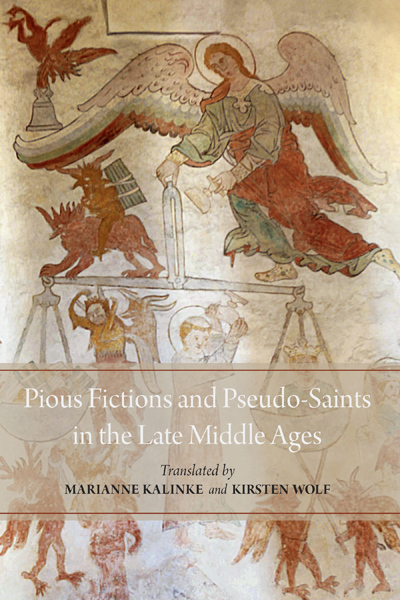
The Cardinal Virtues
Aquinas, Albert, and Philip the Chancellor
- Pages: 256 p.
- Size:150 x 230 mm
- Language(s):English
- Publication Year:2004
- € 30,00 EXCL. VAT RETAIL PRICE
- ISBN: 978-0-88844-289-5
- Paperback
- Temporarily Out of Stock
These translations from the Latin works of Thomas Aquinas, Albert the Great and Philip the Chancellor concentrate on the four cardinal virtues - prudence, justice, courage and temperance - first identified by Plato as essential requirements for living a happy and morally good life.
An historical introduction traces the development of the doctrine of four cardinal virtues from Greek philosophy through the thirteenth century. The treatment isolates three stages in this development: (1) Greek and Roman philosophi: Socrates, Plato, Aristotle, early Stoics, Cicero and Seneca; (2) early Christian sancti: Ambrose, Jerome, Augustine and Gregory; and (3) medieval schoolmen (magistri): Master Peter Lombard, Philip the Chancellor, Albert and Aquinas.
The bulk of the book is devoted to translations of texts on the topic of the cardinal virtues: Philip the Chancellor, 'On the Four Cardinal Virtues' and 'On Virtue in General: Continuation' (from the Summa on the Good); Albert the Great, 'On the Division and Sufficiency of the Virtues' (from the Parisian Summa), and Commentary on the Sentences, Book 3, Distinctions 33 and 36; and Thomas Aquinas, Disputed Question on the Cardinal Virtues. Two appendices contain translations of shorter supplementary texts on the cardinal virtues by Ambrose, Augustine, Jerome, Gregory, Bernard of Clairvaux, Peter Lombard and as well as from Thomas Aquinas's Commentary on the Nicomachean Ethics. Also included are three charts showing the development of the doctrine of the 'parts' of courage, termperance and justice; a bibliography; and an index.

